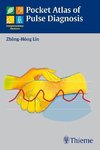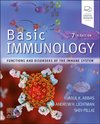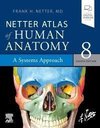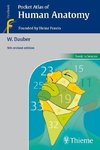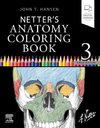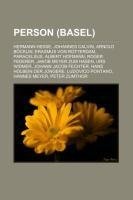
-
 Nemecký jazyk
Nemecký jazyk
Person (Basel)
Autor: Quelle: Wikipedia
Quelle: Wikipedia. Seiten: 302. Nicht dargestellt. Kapitel: Hermann Hesse, Johannes Calvin, Arnold Böcklin, Erasmus Von Rotterdam, Paracelsus, Albert Hofmann, Roger Federer, Jakob Meyer Zum Hasen, Urs Widmer, Johann Jacob Fechter, Hans Holbein Der Jüngere,... Viac o knihe
Na objednávku, dodanie 2-4 týždne
50.67 €
bežná cena: 56.30 €
O knihe
Quelle: Wikipedia. Seiten: 302. Nicht dargestellt. Kapitel: Hermann Hesse, Johannes Calvin, Arnold Böcklin, Erasmus Von Rotterdam, Paracelsus, Albert Hofmann, Roger Federer, Jakob Meyer Zum Hasen, Urs Widmer, Johann Jacob Fechter, Hans Holbein Der Jüngere, Ludovico Pontano, Hannes Meyer, Peter Zumthor, Christoph Neidhart, Oskar Seidlin, Hakan Yakin, Otto Plattner, Christoph Merian, Murat Yakin, Dani Levy, Arthur Cohn, Johann Parler Der Ältere, Jürg Laederach, Irène Zurkinden, Nana Gualdi, Marcel Ospel, Karen Arajewitsch Swassjan, Hans Sandreuter, Paul Sacher, Ernst Beyeler, Alfred Kober, Marcel Lang, Samuel Werenfels, Johann V. Von Venningen, Johann Rudolf Wettstein, Jürg Wyttenbach, Emanuel La Roche, Hieronymus Hess, Carl Laszlo, Hartung Münch, Johann Jakob Schnegg, Hans Von Flachslanden, Marcel Herzog, Burkhard Mangold, Peter Reich Von Reichenstein, Emmanuel Stupanus, Walter Widmer, Adam David, Gianna Hablützel-Bürki, Hildy Beyeler, Jean Jacques David, Carl Geigy, Lukas Vischer, Dare, Ludwig Baer, Urs Graf Der Ältere, Maja Sacher, Hans Bock Der Ältere, Paul Schaller, Fritz Baumann, Wilhelm Balmer, Basilius Amerbach, Amadeus Merian, René Bloch. Auszug: Hermann Hesse (German pronunciation: ) (July 2, 1877 - August 9, 1962) was a German-born Swiss poet, novelist, and painter. In 1946, he received the Nobel Prize in Literature. His best-known works include Steppenwolf, Siddhartha, and The Glass Bead Game (also known as Magister Ludi), each of which explores an individual's search for authenticity, self-knowledge and spirituality. Hermann Hesse was born on 2 July 1877 in the Black Forest town of Calw in Württemberg, Germany. Both of Hesse's parents served in India at a mission under the auspices of the Basel Mission, a Protestant Christian missionary society. Hesse's mother, Marie Gundert, was born at such a mission in India in 1842. Hesse's father, Johannes Hesse, the son of a doctor, was born in 1847 in the Estonian town of Paide (Weissenstein). Since Johannes Hesse belonged to the sizable German minority in that part of the Baltic region, which was then under the rule of the Russian Empire, his son Hermann was at birth both a citizen of the German Empire and of Czarist Russia. In 1873, the Hesse family moved to Calw, where father Johannes Hesse worked for the Calwer Verlagsverein, a publishing house specializing in theological texts and schoolbooks. Hesse's grandfather Hermann Gundert managed the publishing house at the time, and Johannes Hesse succeeded him in 1893. Hesse had five siblings, two of whom died in infancy. Hesse grew up in a household pervaded with the spirit of Swabian Pietism, with its strong tendency to insulate believers into small, deeply thoughtful groups. Furthermore, Hesse described his father's Baltic German heritage as "an important and potent fact" of his developing identity. His father, Hesse stated, "always seemed like a very polite, very foreign, lonely, little-understood guest." His father's tales from Estonia instilled a contrasting sense of religion in young Hermann, "an exceedingly cheerful, and, for all its Christianity, a merry world... We wished for nothing so longingly as to be a
- Vydavateľstvo: Books LLC, Reference Series
- Rok vydania: 2018
- Formát: Paperback
- Rozmer: 228 x 154 mm
- Jazyk: Nemecký jazyk
- ISBN: 9781159246600
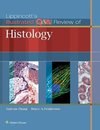

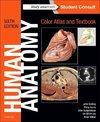
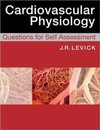
 Anglický jazyk
Anglický jazyk 

